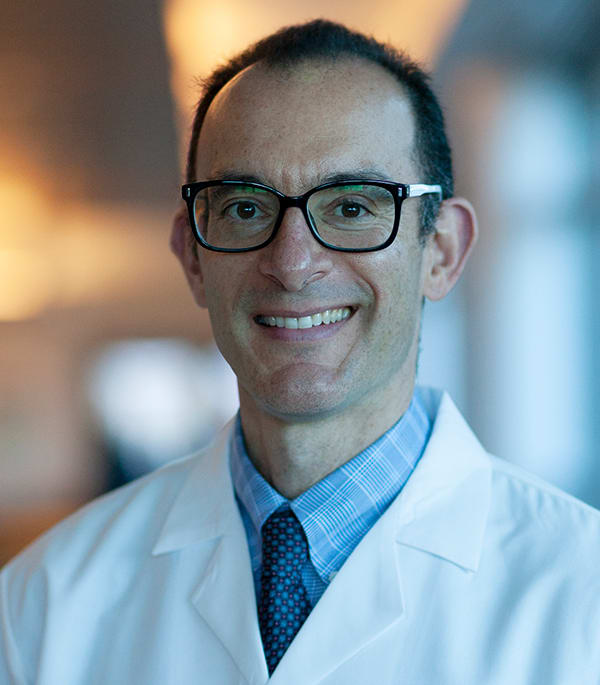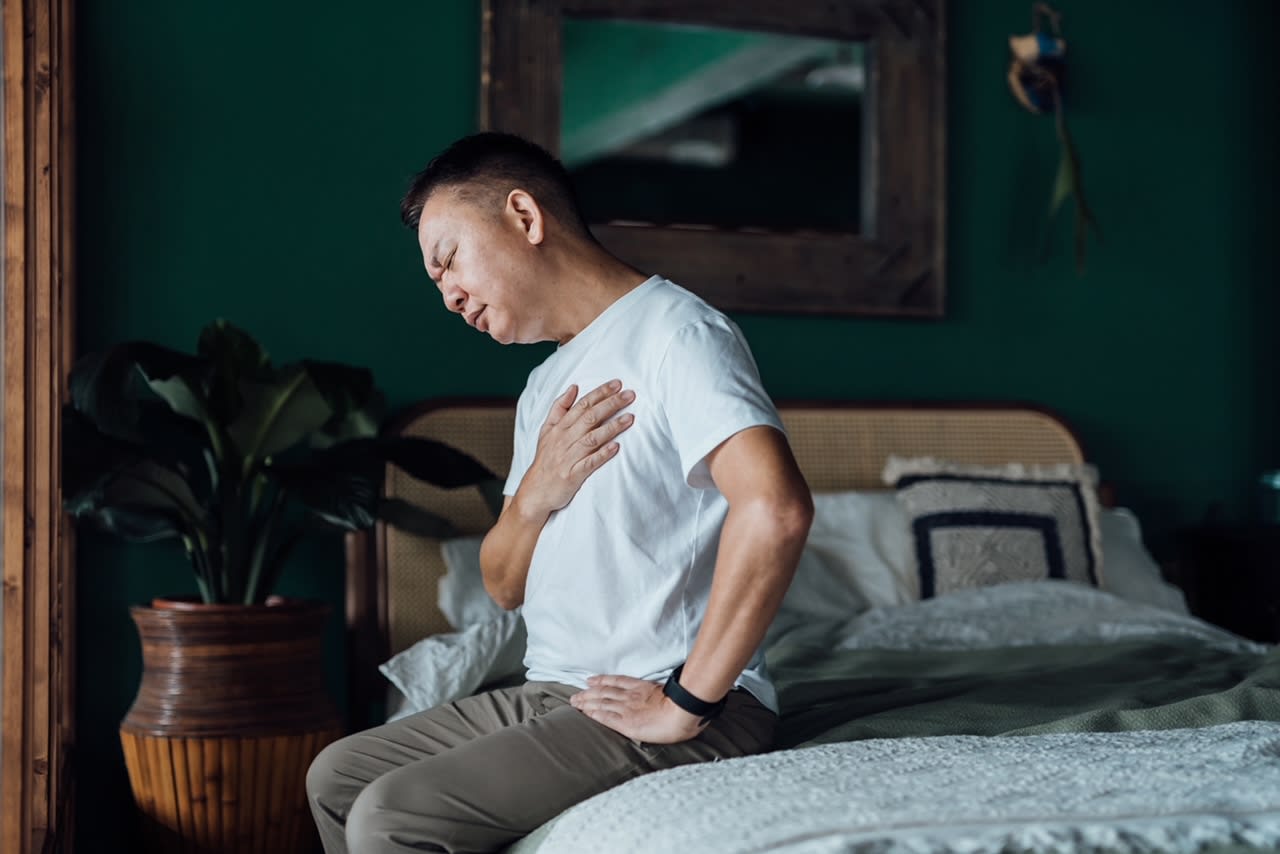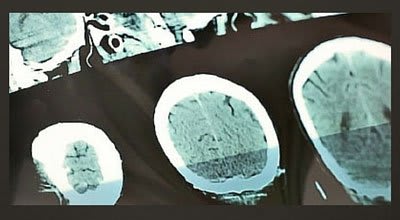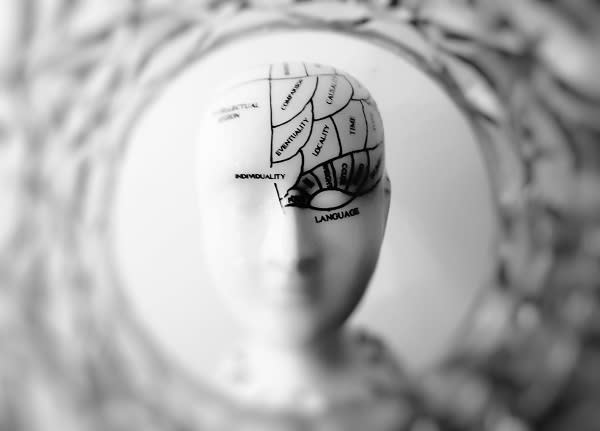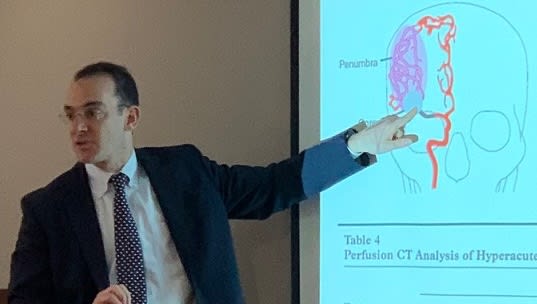By Todd Miller, MD, Neurointerventional Radiology
What are the warning signs of a stroke? Call 911 if:
- Numbness or weakness of the face, arm or leg (commonly on 1 side)
- Confusion, trouble speaking or understanding
- Trouble seeing in one or both eyes
- Difficulty walking, dizziness, loss of balance or coordination
- Severe headache, neck pain or photophobia (light sensitivity) with no known cause
World Stroke Day is October 29. The purpose of World Stroke Day is to increase awareness of stroke and prevent possible sudden health problems that come with stroke. The biggest problem with stroke is limited awareness amongst most everyday people. Precious time is lost and opportunities to reverse life-threatening problems are also lost when patients don’t take symptoms seriously and get the help that they need immediately.
Stroke is a serious matter, and for that reason, it’s crucial to come to the hospital for stroke evaluation and treatment. Don’t let your fear of COVID 19 stop you or a loved one from getting emergency care.
Our stroke team has been working around the clock to keep patients safe during the pandemic and provide our same high level of care throughout these challenging times. Your safety is our number one priority.
Stroke can happen to anyone, at any time, anywhere. 1 in 4 adults will have a stroke in their lifetime. Stroke is a leading cause of death and disability worldwide, but almost all strokes can be prevented. Knowing the signs of a stroke is also important so you can recognize a stroke in progress and get yourself of a loved one to a hospital for lifesaving treatment.
B.E. F.A.S.T. is a simple way to remember the signs of a stroke. It stands for: Balance, Eyes, Face, Arms, Speech, and Time. If you identify any of these sudden symptoms in yourself or someone around you, consider a stroke as the cause and get medical attention immediately.
- Weakness or numbness of the face, arm, or leg, especially on one side.
- Confusion, trouble speaking, or understanding.
- Trouble seeing in one or both eyes.
- Trouble walking, dizziness, loss of balance, or coordination.
- Severe headache with no known cause.
It is important to know your personal stroke risk and do what you can to reduce the chances of you having a stroke.
- Maintaining a healthy weight and an active lifestyle are key elements of stroke prevention.
- Quitting smoking and limiting alcohol intake are also key.
- Getting regular checkups to identify diabetes, high blood pressure, and elevated cholesterol so they may be treated are also important.
Additional measures you can take to prevent stroke are:
- Limiting stress in your life or taking action to limit the effects of stress.
- Engaging in activities such as meditation, yoga, journaling.
- Keeping connected with friends and relatives has also been shown to improve well-being and longevity. In challenging and stressful times, going for a walk can be a small way to improve your mood and relax in a healthy way.
See also: 9 Ways to Stay Grounded in Uncertain Times
If you suspect that you or a loved one is having a stroke, do not wait it out. Go to the nearest healthcare facility for an evaluation immediately.
At Stamford Health we are proud to be a Gold Medal recognized stroke center by the American Heart Association and the only hospital in the state of Connecticut accredited as a Thrombectomy Capable Stroke Center by The Joint Commission. We have a dedicated team providing lifesaving stroke care at the highest levels.
Featured Expert/ Author


